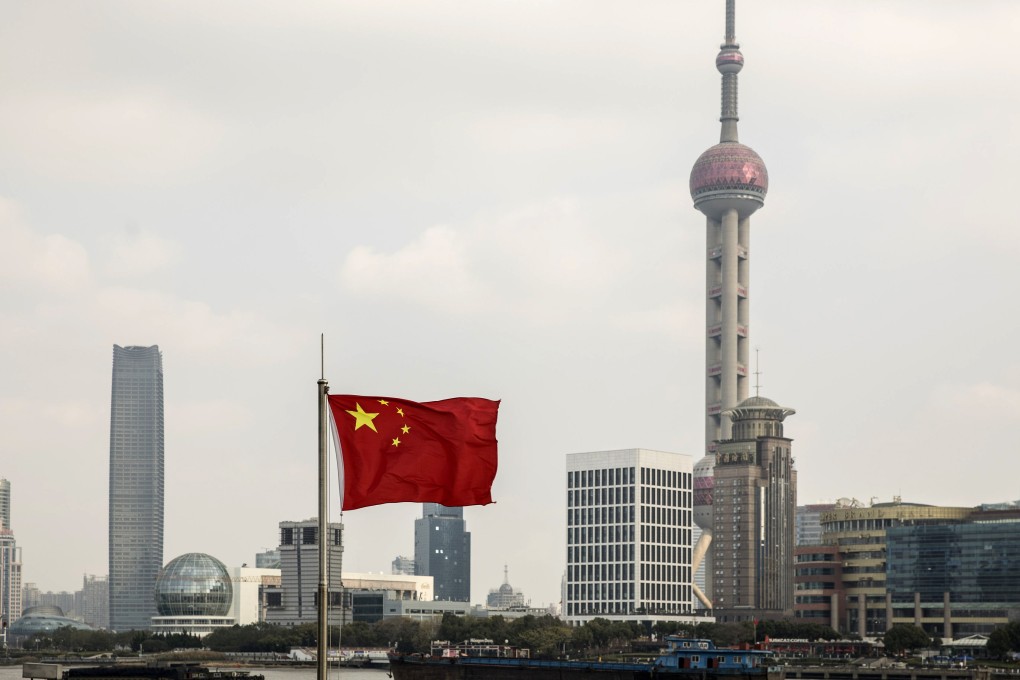Abacus | Don’t count on China to toss the global economy a stimulus lifeline in 2019
- Unlike in 2009, Beijing is focused on reducing financial risk and moving the economy toward a consumption-based model

As 2019 gets under way and it becomes more clear that activity in the world’s three biggest economies – the United States, the euro zone and China – is weakening, businesspeople and investors are increasingly looking to policymakers in Beijing to unveil a stimulus package they hope will support growth and financial markets not just in China but around the world.
But although China rode to the rescue in 2009, and again in 2015-16, rolling out stimulus measures that boosted demand both at home and abroad, things are different this time around. While Beijing will loosen its policies to stabilise China’s domestic economy, anyone hoping for the kind of all-out stimulus effort big enough to provide a shot in the arm for growth and markets around the world is going to be disappointed.
To many observers, such a major programme looks ever more necessary. Almost 10 years after the last recession ended, the US economic cycle is looking increasingly long in the tooth.
With the US labour market at its tightest in 50 years and the Federal Reserve having raised interest rates from 0.25 per cent to 2.5 per cent to head off inflation, the economic headwinds are fiercer than in years. Ominously, in December the ISM index of US manufacturing activity registered its steepest monthly fall since October 2008, the month after the collapse of Lehman Brothers.
Last year, growth was supported by Donald Trump’s tax cuts, which went into force at the beginning of 2018. But with the House of Representatives back under Democratic control since last Thursday, no further such fiscal stimulus is on the cards for 2019. As a result, US growth is set to slow this year.
Activity is also softening in Europe. But with interest rates in the euro zone already negative, and the European Central Bank no longer printing money, there is little prospect of any boost from monetary policy. Meanwhile, the European Union’s budget rules prevent any significant fiscal stimulus.
So it is little surprise that people are looking to China for a policy stimulus lifeline, especially after local industrial profits fell in November and two closely followed indices of manufacturing activity turned negative in December, indicating a contraction for the first time in two years.

